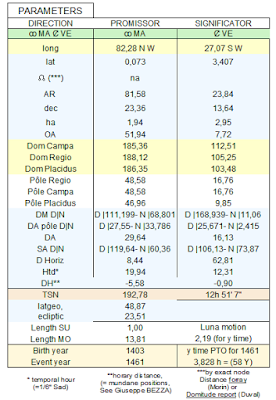Charles VII
(22 February 1403 – 22 July 1461), called the Victorious (French: le Victorieux) or the Well-Served (French: le Bien-Servi), was King of France from 1422 to his death in 1461.In 1458, Charles became ill. A sore on his leg (an early symptom, perhaps, of diabetes or another condition) refused to heal, and the infection in it caused a serious fever. The king summoned Louis to him from his exile in Burgundy, but the Dauphin refused to come. He employed astrologers to foretell the exact hour of his father's death. The king lingered on for the next two and a half years, increasingly ill, but unwilling to die. During this time he also had to deal with the case of his rebellious vassal John V of Armagnac.
Finally, however, there came a point in July 1461 when the king's physicians concluded that Charles would not live past August. Ill and weary, the king became delirious, convinced that he was surrounded by traitors loyal only to his son. Under the pressure of sickness and fever, he went mad. By now another infection in his jaw had caused an abscess in his mouth. The swelling caused by this became so large that, for the last week of his life, Charles was unable to swallow food or water. Although he asked the Dauphin to come to his deathbed, Louis refused, instead waiting at Avesnes, in Burgundy, for his father to die. At Mehun-sur-Yèvre, attended by his younger son, Charles, and aware of his elder son's final betrayal, the King starved to death. He died on 22 July 1461, and was buried, at his request, beside his parents in Saint-Denis.
almuten
speculum
rays
parallels
alchocoden
hyleg = ASC
alchocoden = ME














Aucun commentaire:
Enregistrer un commentaire
Remarque : Seul un membre de ce blog est autorisé à enregistrer un commentaire.